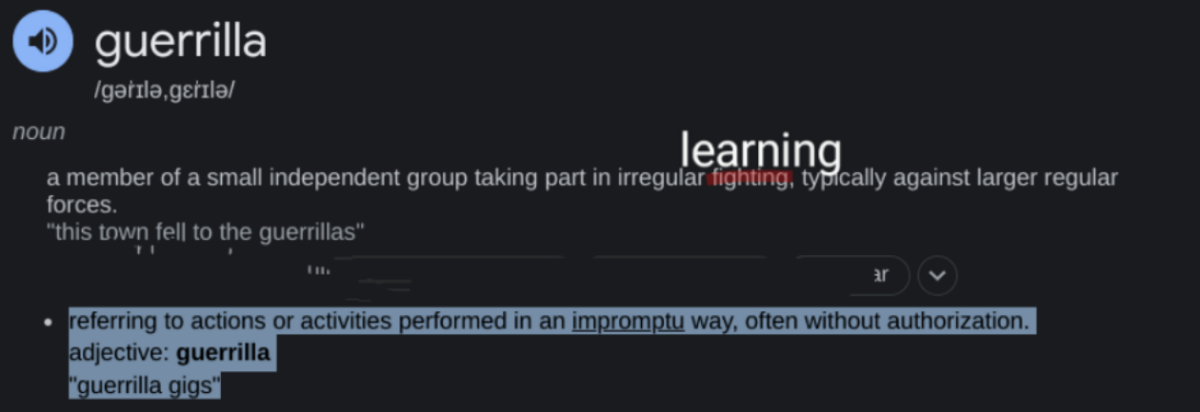Today was just an analytic discussion of the concept of power which we have, more or less, established as the capacity of one agent to make another agent act in a way other than he or she would have done had the other agent not been “present”. We can observe power when one person actually makes another do what the first wants (this is the first dimension of power). However, this does not tell us about whether one should have or exercise power only that they have exercised it or can do so. If you want to argue that that is all power actually is, then you believe having power is self-justifying or might is right. I can do what I want because I can do what I want.
As you know, next week I am in Rome at a conference on “Cosmopolitanism and conflict” so there won’t be a lecture, but I want you to read the extract from Rousseau’s Social Contract (Rousseau might is right) and answer the questions below. Rousseau here talks about whether might can be right. Post answers to the questions below and I’ll participate in discussions.
- What does it mean to say force is concerned with necessity and right with will?
- Why can’t ‘force is right’ be a meaningful or useful statement?
- Why are all rights merely conventions?
- Why do we consent to conventions?
- What would authentic consent amount to?
- Why is renouncing liberty identical to renouncing my humanity according to Rousseau? Is he right?
- Is legitimate power possible given the final sentence of the extract?
